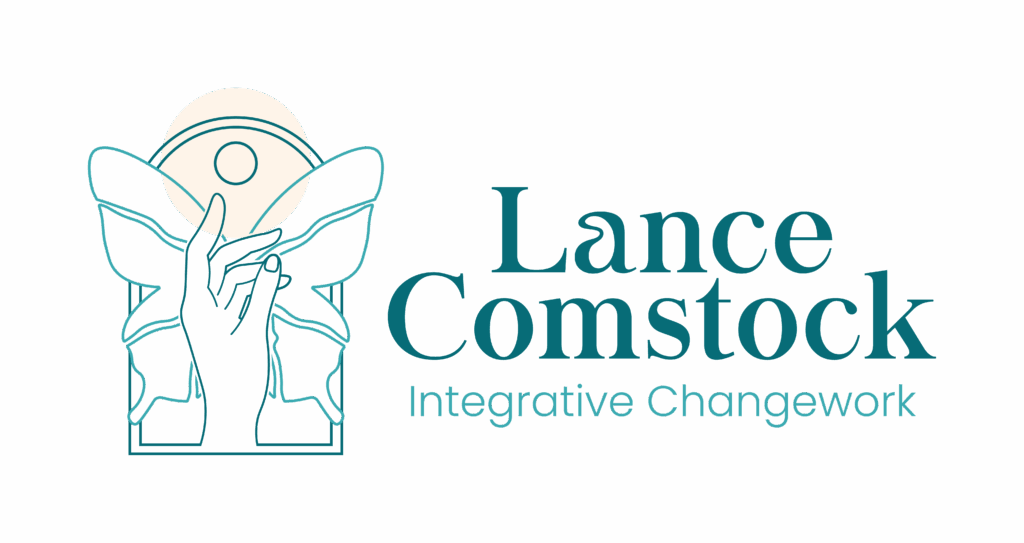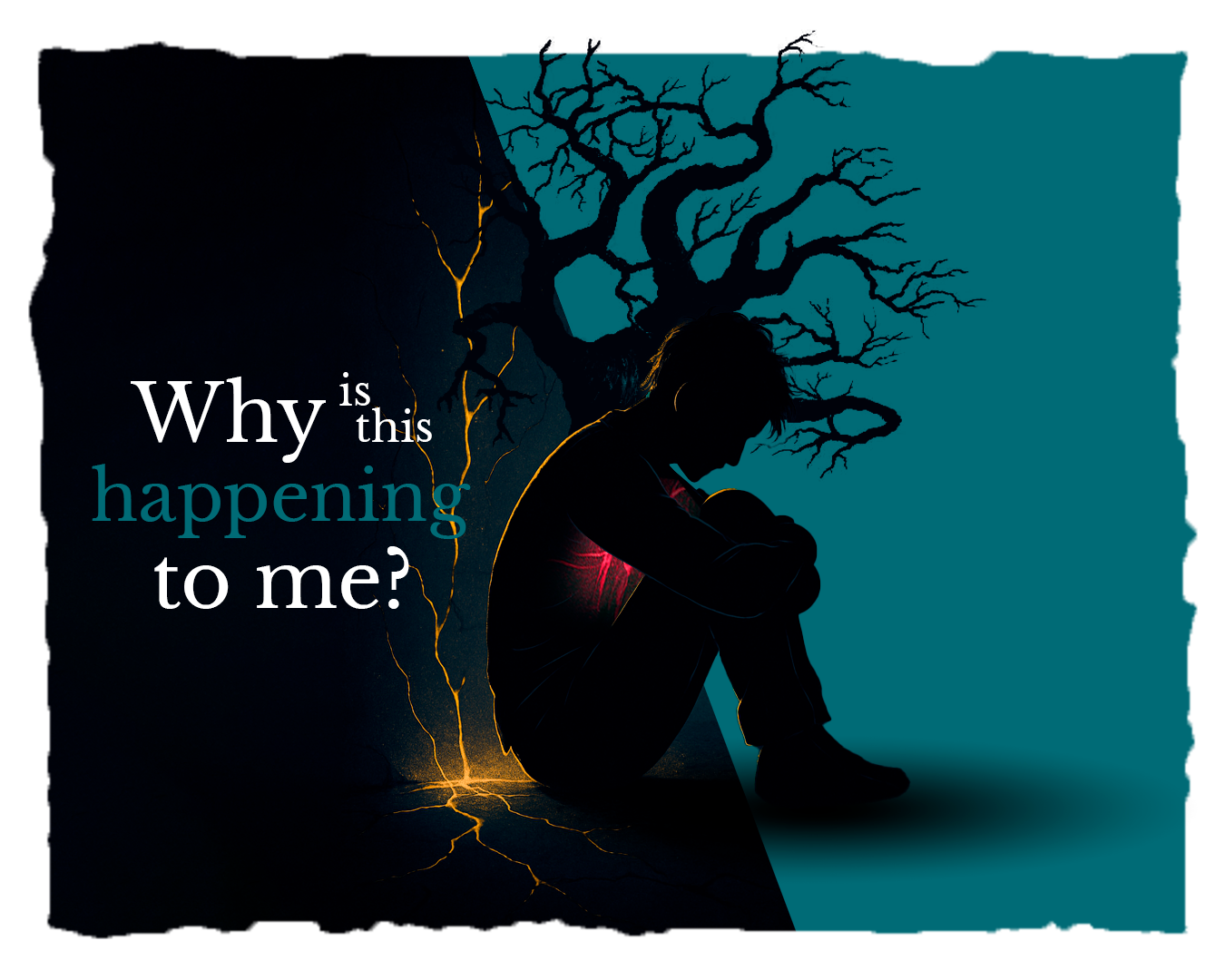We all want someone to come home to, someone who has our back and loves us. But along with that warmth comes intimacy—and that can stir up powerful emotions in all of us.
While intimacy is a gift, it can also bring vulnerability—and with it, worry.
If you’re ready to invite deeper, more meaningful connections into your life, let’s explore what’s behind that fear and how to move through it together.
What Do We Mean by “Intimacy”?
Many people think intimacy is limited to physical closeness—but it’s much broader.
Intimacy is the level of closeness that makes you feel seen, heard, and safe. You’ve probably heard it described as “into me you see.” That simple phrase captures its essence perfectly.
True intimacy is about being known—emotionally, mentally, spiritually—and still feeling loved and accepted.
The Four Dimensions of Intimacy
Intimacy shows up in different ways:
- Emotional – Sharing your feelings, your hurts, your joys
- Physical – Close connection and tenderness
- Mental – Feeling understood, seen as you are
- Spiritual – Bonding through shared values, meaning, or purpose
Intimacy isn’t limited to romance—it can be found in friendships, family, and even with ourselves.
When Our Early Bonds Shape Our Fear
The first intimate relationship most of us knew was with a parent.
If those early bonds were unreliable—or worse, hurtful—we often end up carrying that confusion into adulthood.
We may blame ourselves. We might avoid closeness in hopes of protecting ourselves from more pain.
This often leads to a deep fear of intimacy—fear that connection will inevitably end in hurt.
Why We Often Choose Familiar Patterns
Our minds seek familiarity—even if it hurts us.
If coldness or neglect was our early experience of love, we may unconsciously be drawn to similar dynamics.
That’s why you might think:
“I’m attracting someone who’s emotionally distant, and I’m hoping they’ll change.”
But expecting someone else to fix our inner experience rarely works.
Real transformation comes from changing what’s inside us first—and then choosing differently.
Reflection Time: Questions That Matter
If you want to overcome intimacy fears, ask yourself:
- What did love look like in my family growing up?
- How deeply bonded did I feel with my parents?
- What beliefs about love and connection did I absorb early on?
- Did I ever feel pressured to earn love or feel unworthy?
- How might those old patterns be showing up now?
Answering honestly can help you see how old stories don’t have to define your future connections.
The Power of Self-Love
It’s natural to think,
“I’ve found someone amazing—they’ll fill the gap inside me.”
But when we expect someone else to make us feel worthy or complete, we hand over our power.
If their love ends, we feel shattered.
Here’s a gentler truth:
The only person who can truly fulfill you… is you.
When you love yourself first, you allow others to share that love—not control it.
Embracing Flaws: Loving the Real You
Perfection is a myth—and honestly, it’s the gaps between us that create real connection.
I call it being “flawesome.”
Think of your most tender relationships—there’s something comforting about seeing someone’s vulnerability, isn’t there?
When you let your guard down, you give others permission to love you, flaws and all.
Letting Go of Comparison and Ancestral Patterns
Your parents were shaped by their own wounds—it wasn’t about you.
When you see that, you open the door to choose differently.
You don’t have to repeat the same relationship pattern. You can choose what’s healthier and more aligned with who you want to be.
You don’t have to reject love or intimacy to stay safe. You can say “yes” to connection and still stay grounded.
Moving Toward Intimacy Without Fear
Yes, intimacy means vulnerability.
Yes, it can stir uncertainty.
But it’s better to risk feeling deeply seen than to never be seen at all.
You can have tender, meaningful love and fulfilling connection in every dimension of intimacy—because your past doesn’t have to define your future.
It doesn’t matter where you started—it’s where you’re choosing to go next.
Love is not only possible—it’s available to you in every moment, every day.



